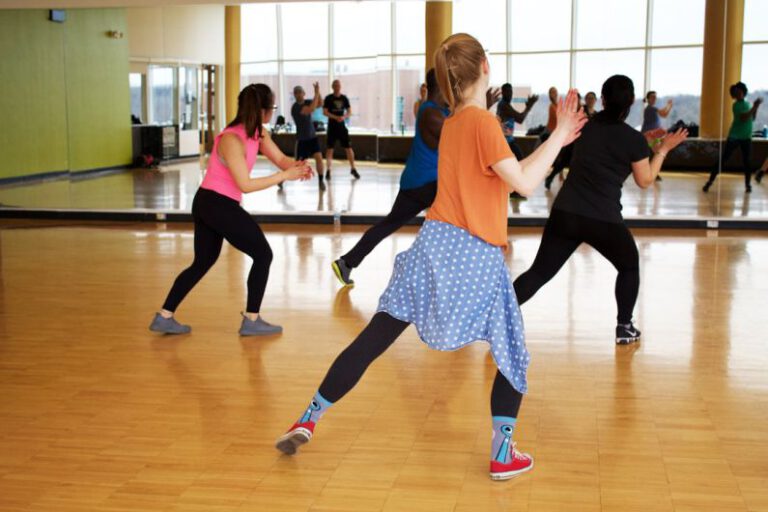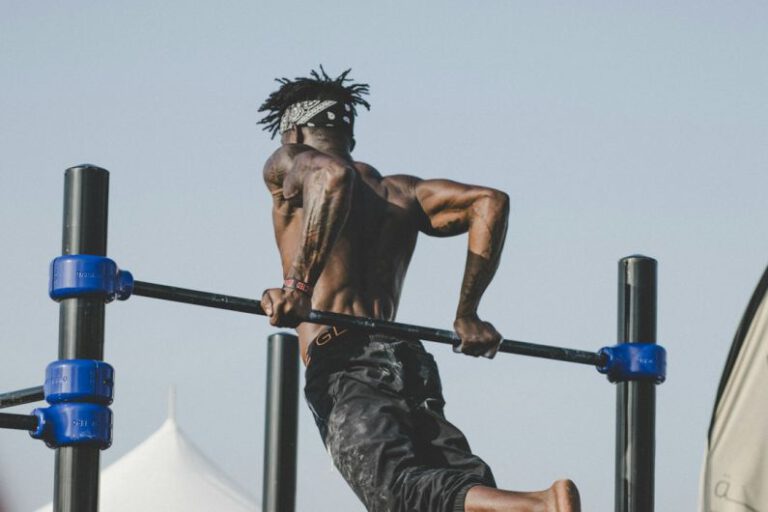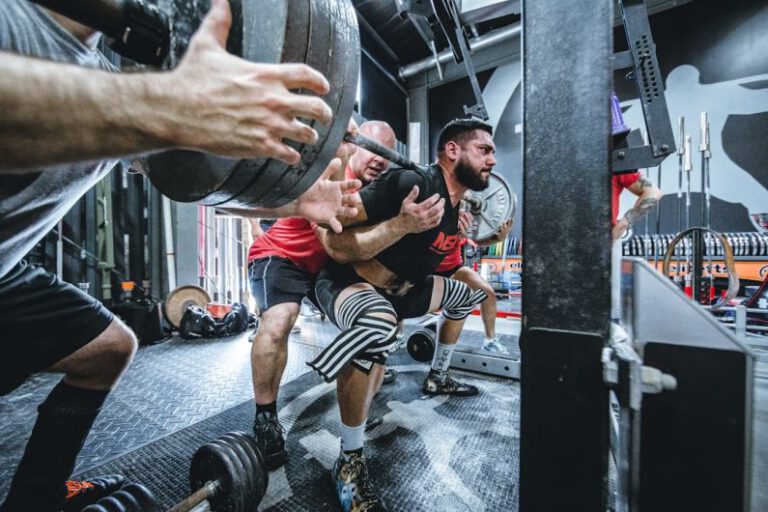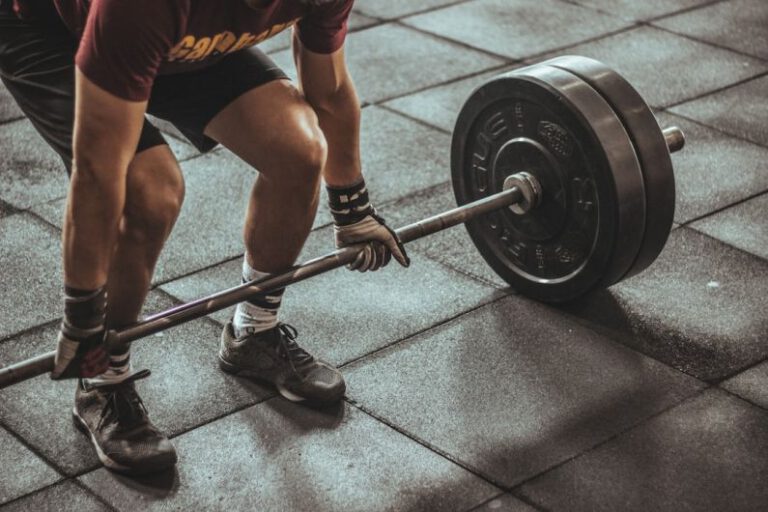Understanding the Basics of Bodybuilding
Bodybuilding is a popular fitness activity that involves resistance training to build and sculpt muscles. It is not just about lifting weights but also encompasses a holistic approach to fitness, including proper nutrition, rest, and mindset. Whether you’re a beginner looking to get started or an experienced lifter aiming to refine your techniques, understanding the basics of bodybuilding is crucial to achieving your fitness goals and maximizing your results.
The Importance of Resistance Training
At the core of bodybuilding is resistance training, which involves using weights or other forms of resistance to work your muscles. The primary goal of resistance training is to stimulate muscle growth and increase strength. When you lift weights, you create micro-tears in your muscle fibers. As your body repairs these tears, your muscles grow bigger and stronger. Over time, with consistent training and progressive overload, you can achieve significant muscle hypertrophy.
Types of Resistance Training
There are various types of resistance training exercises that target different muscle groups and movement patterns. Some common types of resistance training include:
1. Compound Exercises: Compound exercises work multiple muscle groups at the same time. Examples of compound exercises include squats, deadlifts, bench presses, and pull-ups. These exercises are efficient for building overall strength and muscle mass.
2. Isolation Exercises: Isolation exercises target specific muscle groups. Examples of isolation exercises include bicep curls, tricep extensions, and calf raises. These exercises are useful for targeting and isolating specific muscles for growth and development.
The Role of Nutrition in Bodybuilding
Nutrition plays a crucial role in bodybuilding as it provides the fuel and building blocks necessary for muscle growth and repair. To support your bodybuilding goals, it is essential to consume an adequate amount of protein, carbohydrates, and fats. Protein is particularly important for muscle repair and growth, while carbohydrates provide energy for your workouts, and fats are essential for hormone production and overall health.
In addition to macronutrients, it is also essential to consume micronutrients such as vitamins and minerals to support various bodily functions and optimize performance. Staying hydrated is also crucial for muscle function and recovery. A well-balanced diet that includes a variety of nutrient-dense foods is key to fueling your body and maximizing your bodybuilding efforts.
The Importance of Rest and Recovery
Rest and recovery are often overlooked aspects of bodybuilding but are crucial for achieving optimal results. When you lift weights, you create stress on your muscles, which need time to repair and grow stronger. Adequate rest and recovery allow your muscles to repair and rebuild, leading to muscle growth and improved performance.
Incorporating rest days into your training program is essential to prevent overtraining and reduce the risk of injury. Listen to your body and prioritize sleep, as it is during restful sleep that your body releases growth hormones and repairs damaged tissues. Additionally, incorporating techniques such as stretching, foam rolling, and massage can help alleviate muscle soreness and improve recovery.
Mindset and Consistency
Bodybuilding requires a strong mindset and consistency to achieve your goals. It is essential to set realistic and achievable goals, stay motivated, and maintain a positive attitude throughout your fitness journey. Consistency is key in bodybuilding, as progress takes time and dedication. Celebrate your achievements, no matter how small, and stay committed to your training and nutrition plan.
In conclusion, understanding the basics of bodybuilding is essential for anyone looking to embark on a fitness journey or take their training to the next level. By incorporating resistance training, proper nutrition, rest, and recovery into your routine, you can build muscle, increase strength, and transform your physique. Remember to stay focused, stay consistent, and stay motivated on your bodybuilding journey.






